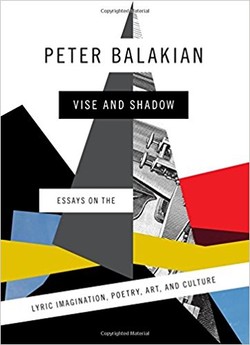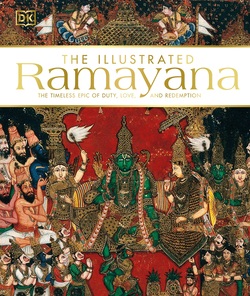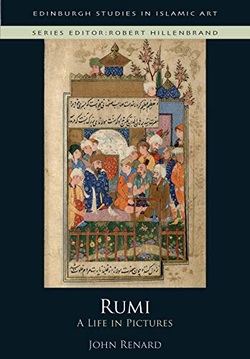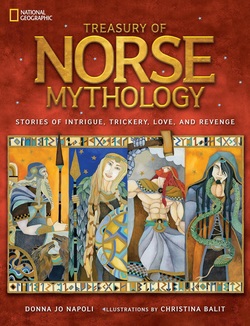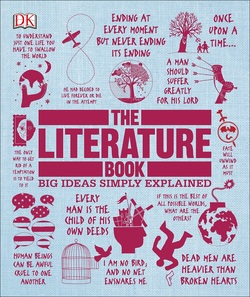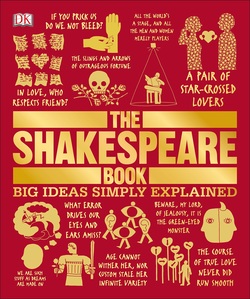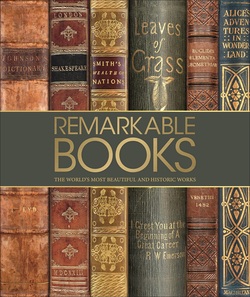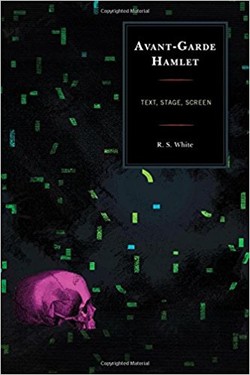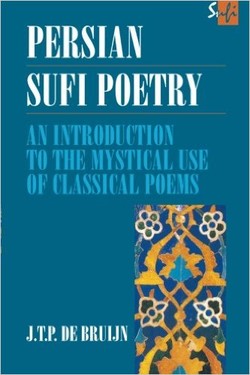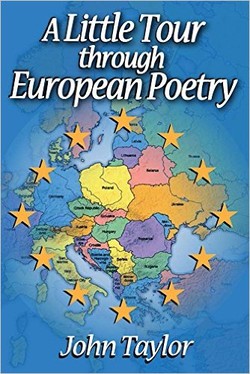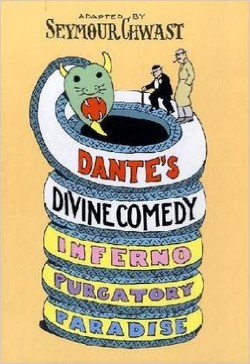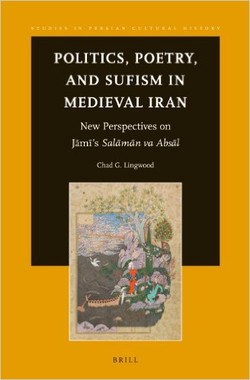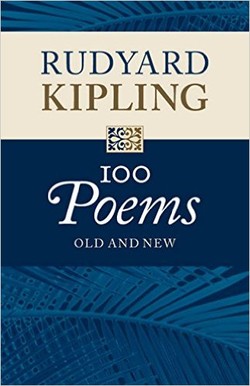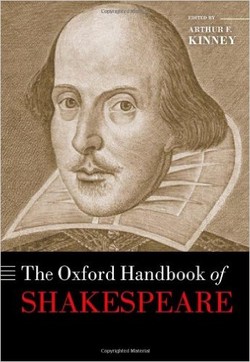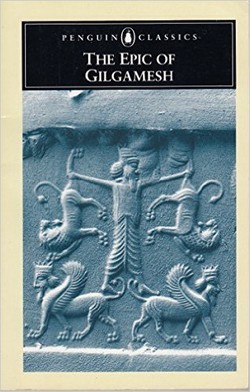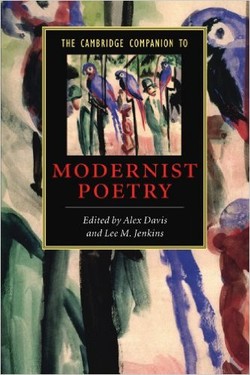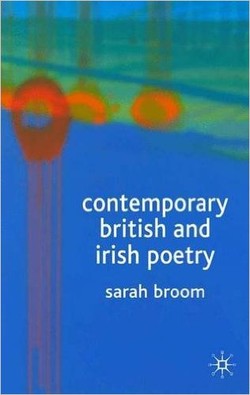آوای شعر، شعر آوا
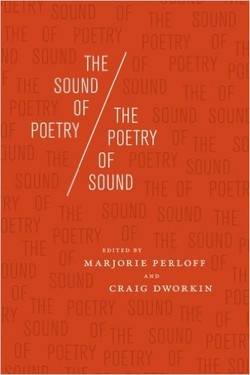
صدا یکی از عناصر اصلی در شعر است. مقالاتی که در این کتاب توسط Marjorie Perloff و Craig Dworkin ارائه شدهاند سکوت فاجعهآمیز را شکسته و ارتباط اساسی میان شعر و صدا را که به مطالعات شاخص سنتی بسیار دور بازمیگردد روشن میسازند.
از اشعار لاتین قرون وسطی گرفته تا اپرای سایبورگ، از قرن شانزده فرانسه تا قرن بیست برزیل، از سرودهای عاشقانه قدیمی تا آوانگارد معاصر، این کتاب به روشنسازی مباحث و موضوعاتی همچون ترجمه اشعار آوایی، تاریخچه و نقش فرهنگی قافیه، نقش تکرار صدا در نثر داستانی و رمانها، ارتباط میان شعر صوتی و موسیقی، تاثیر فنآوری ضبط بر روی صدای موزون پرداخته است.
از اشعار لاتین قرون وسطی گرفته تا اپرای سایبورگ، از قرن شانزده فرانسه تا قرن بیست برزیل، از سرودهای عاشقانه قدیمی تا آوانگارد معاصر، این کتاب به روشنسازی مباحث و موضوعاتی همچون ترجمه اشعار آوایی، تاریخچه و نقش فرهنگی قافیه، نقش تکرار صدا در نثر داستانی و رمانها، ارتباط میان شعر صوتی و موسیقی، تاثیر فنآوری ضبط بر روی صدای موزون پرداخته است.
سال انتشار: 2009 | 352 صفحه | حجم فایل: 3 مگابایت | زبان: انگلیسی
The Sound of Poetry The Poetry of Sound
نویسنده
Marjorie Perloff, Craig Dworkin
ناشر
University Of Chicago Press
ISBN10:
0226657434
ISBN13:
9780226657431
قیمت: 16000 تومان
برچسبها:
Sound—one of the central elements of poetry—finds itself all but ignored in the current discourse on lyric forms. The essays collected here by Marjorie Perloff and Craig Dworkinbreak that critical silence to readdress some of thefundamental connections between poetry and sound—connections that go far beyond traditional metrical studies.Ranging from medieval Latin lyrics to a cyborg opera, sixteenth-century France to twentieth-century Brazil, romantic ballads to the contemporary avant-garde, the contributors to The Sound of Poetry/The Poetry of Sound explore such subjects as the translatability of lyric sound, the historical and cultural roles of rhyme,the role of sound repetition in novelistic prose, theconnections between “sound poetry” and music, between the visual and the auditory, the role of the body in performance, and the impact of recording technologies on the lyric voice. Along the way, the essaystake on the “ensemble discords” of Maurice Scève’s Délie, Ezra Pound’s use of “Chinese whispers,” the alchemical theology of Hugo Ball’s Dada performances, Jean Cocteau’s modernist radiophonics, and an intercultural account of the poetry reading as a kind of dubbing.A genuinely comparatist study, The Sound of Poetry/The Poetry of Sound is designed to challenge current preconceptions about what Susan Howe has called “articulations of sound forms in time” as they have transformed the expanded poetic field of the twenty-first century.
